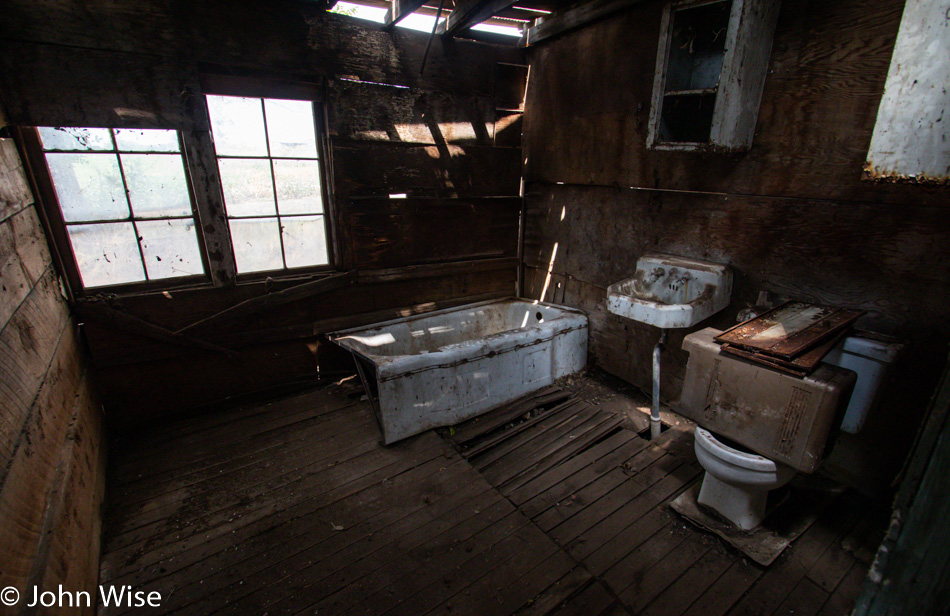
The illusion of newness is an artifice and betrayal of the reality that everything is in slow decay. Only from the perspective of an undeveloped, inexperienced mind does it seem like the world and our place in it are blooming as though they arose from out of nothing. The cruel truth is you are not new, nor are your perceptions, as everything is part of a continuum that has no regard for our sense of wonder of finding things we paint as revelatory and claim as new truths.
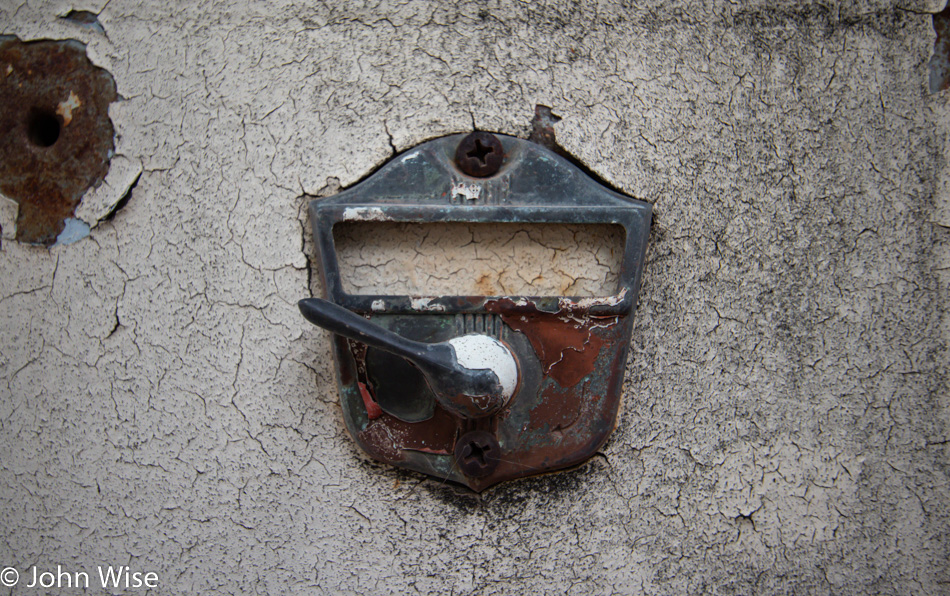
What you hold in your mind is an extension of the meanings and ontologies distilled from those who came before you and imparted this knowledge upon you. In turn, you use those tools in your attempt to reach their level of awareness, and if society is lucky, you will leverage what you’ve learned to share with someone else who can extend those ephemeral bits of information in such a way that it might lend a lesson forward.
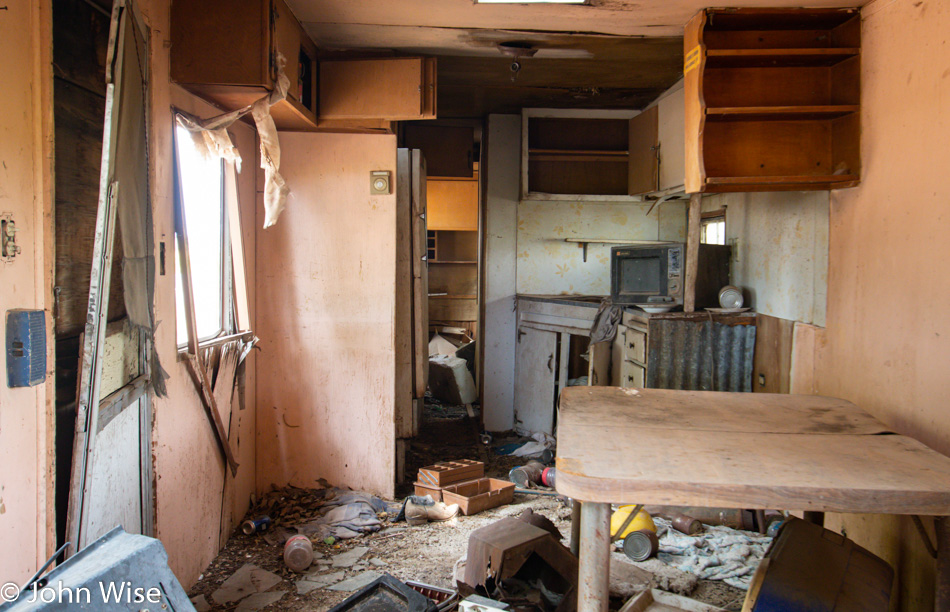
I cannot write this from nothing or from purely my own experience, as I do not know how to see the world from only my perspective. Take the rail line across the street; steeped in my image of trains and their routes are fragments of history that include Chinese labor, steam locomotives, gunfights in the Old West and robberies, heavy freight being hauled over vast landscapes, industrial accidents with chemical spills, head-on collisions, bullet trains in Japan, a maglev in Shanghai, super civilized 1st class travel on German Intercity Express trains, subways, rail-crossings, rusty disused tracks, defunct bridges, and a multitude of sounds. Before I could ever write about the train, I have all of those sights and sounds in my mind’s eye, influencing to some degree or other my language and imagination regarding what I could say. And so it is about anything else I might want to share.
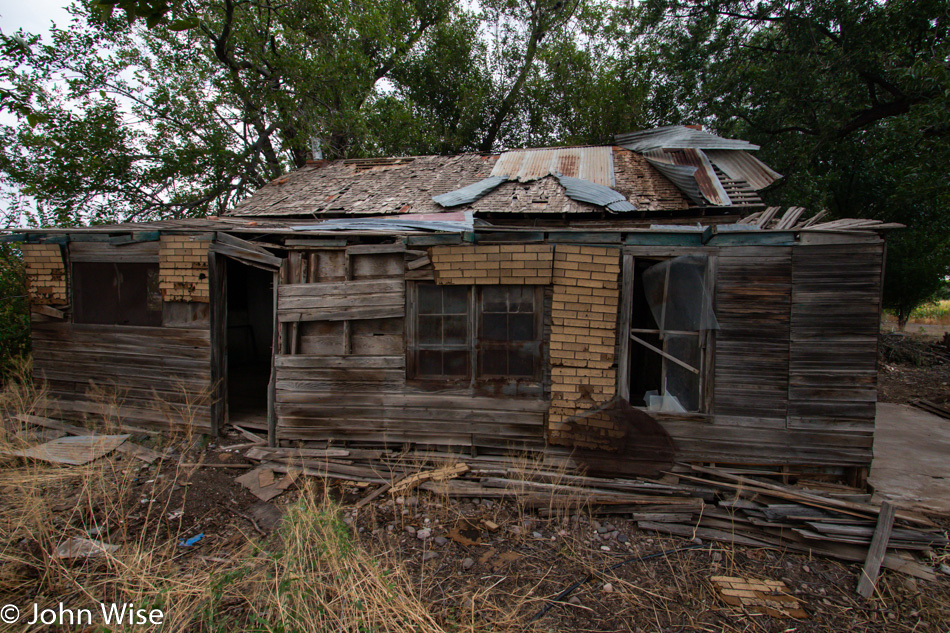
Your opinions are not really your own, they arise out of the amalgamation of fragments you are built upon, and depending on where you are in life, you are either still building your tower of knowledge or you are in the throes of slow decay. This eye of the needle I’m trying to thread might be clearer if explain the previous sentence. When we are young and devoid of all knowledge aside from our instincts, we spoon up the intellectual gruel that’s bombarding our senses. At that time, we do not yet have a foundation and so we are hungry to consume more of the cultural fodder that those around us seem to revel in. Soon, we start to recognize certain icons and symbols and can share with those around us a sense of certainty that we are on track to understanding their world and the one we’ll inherit.
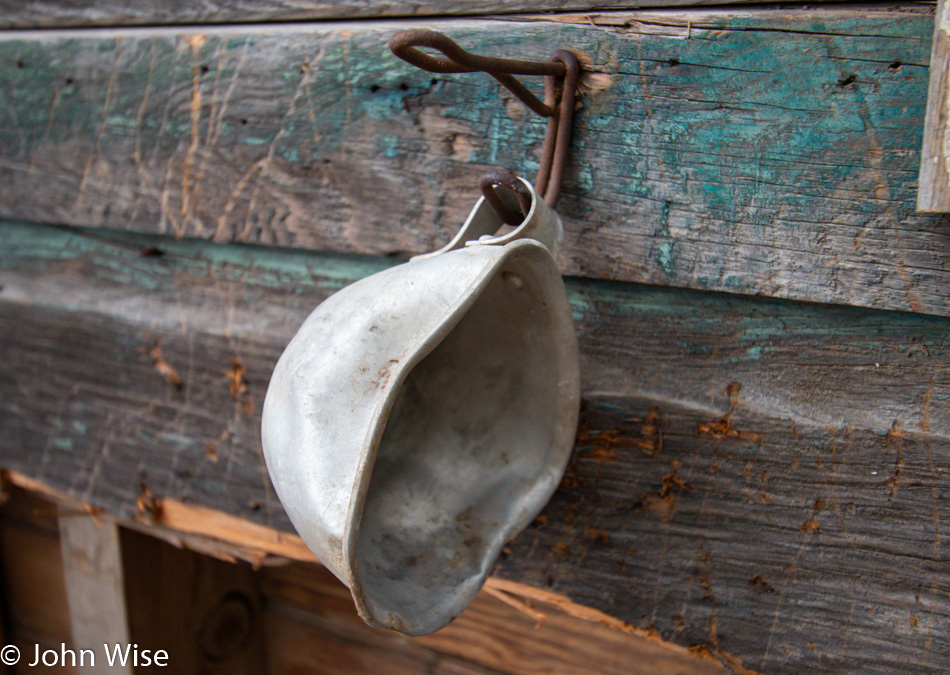
At a point, though, we’ll likely stop pulling in much of what we see as the immediacy of what surrounds us has been habituated and only acts to affirm what we know. This goes for television and by-and-large video games, too. We are no longer building upon our foundation; we are simply applying paint, trying to maintain the illusion that things are fresh. The reality is that the roof is at risk of collapse, the pipes are rusting, and the appliances are drawing too much current from the archaic wiring. Our home is in decay; we are in decay. Left to its own devices, weather and time will reclaim the structure until that time someone comes along and builds anew on top of what can no longer be seen.
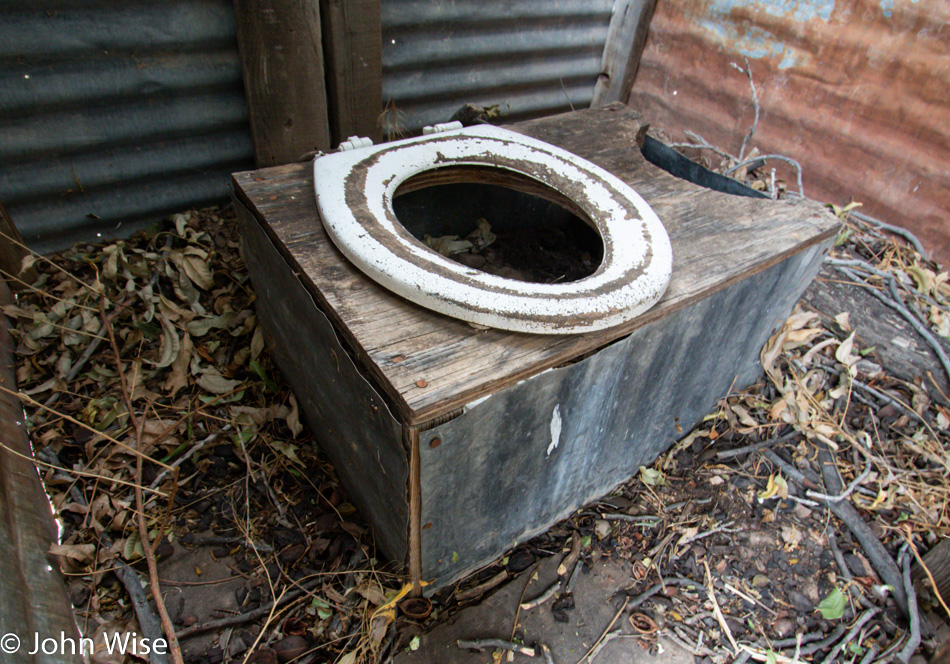
We are the same as architecture in that most of it goes away. Pyramids, caves, cathedrals, and great monuments, even when worn after thousands of years, can still offer a glimpse of the magnificent when the collected ideas of a culture are able to convey some sense of place well into the future. There are also some humans who have endured the sands of time as their ideas speak to us from long ago. They are able to find this small amount of immortality because instead of being satisfied with the shadows in the cave as being their reality, they ventured out and brought in a new language of communication by discovering the hitherto unknown.
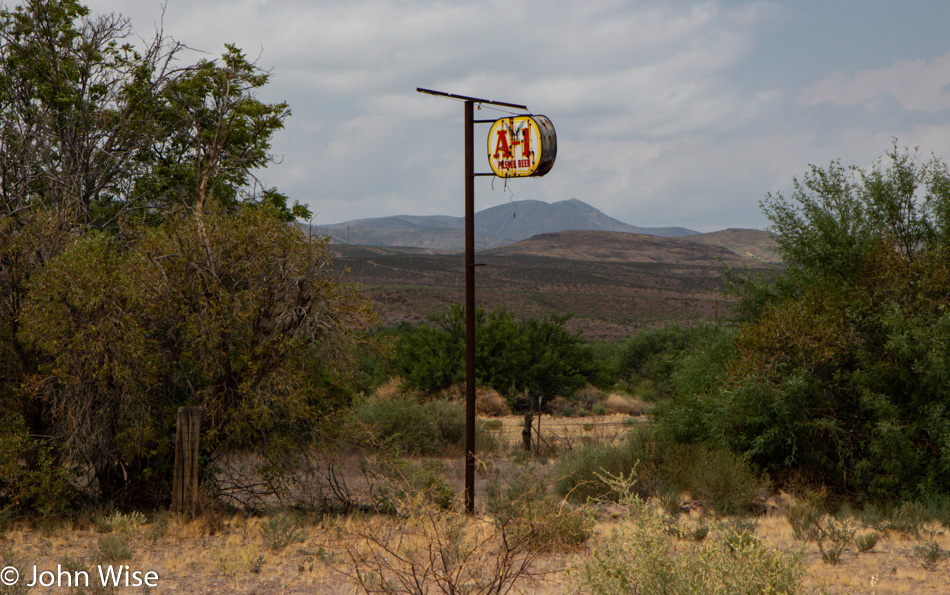
In that sense, they remain a small child well into the advanced cognitive years of adulthood, where they add their story to our panoply of knowledge that filters into our ears hundreds and even thousands of years after their existence. This act of continued learning like the child instead of going forward with certainty about what we think we know could be compared to the idea that we have enough for the basics of relating to our peers, but knowing only 26 letters of a 100-character alphabet is hardly adequate for spelling words and forming sentences with the other 74 letters you have no idea about.
This is where the majority of humanity lives with their adequate-for-them amount of rudimentary knowledge. So begins the slow decay of the house made of straw.
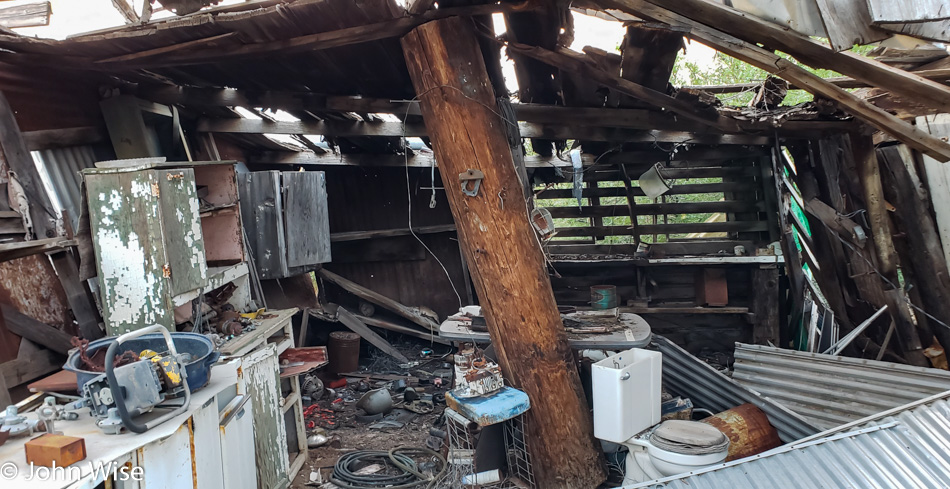
Every day, often in failure, I try to see, hear, sense, read, stumble into, discover, or taste that which I don’t know. There was that time early in life I didn’t know the sweet, sun-ripened flavor of the strawberry picked fresh from a field but once I had, I knew I was in love. Reading a book of non-fiction, it’s inevitable that I’ll taste the experience-ripened flavor of thoughts drawn from the field of knowledge and will again fall in love. This phenomenon also strikes me as I’m exploring the terrain of a landscape that speaks to my eyes and ears with a seductive geometry of patterns emerging out of its story about nature; here, I fall in love again. Should you counter this argument with the notion that one book is like the next or trees are trees, then this is but one small example of your mind in slow decay.
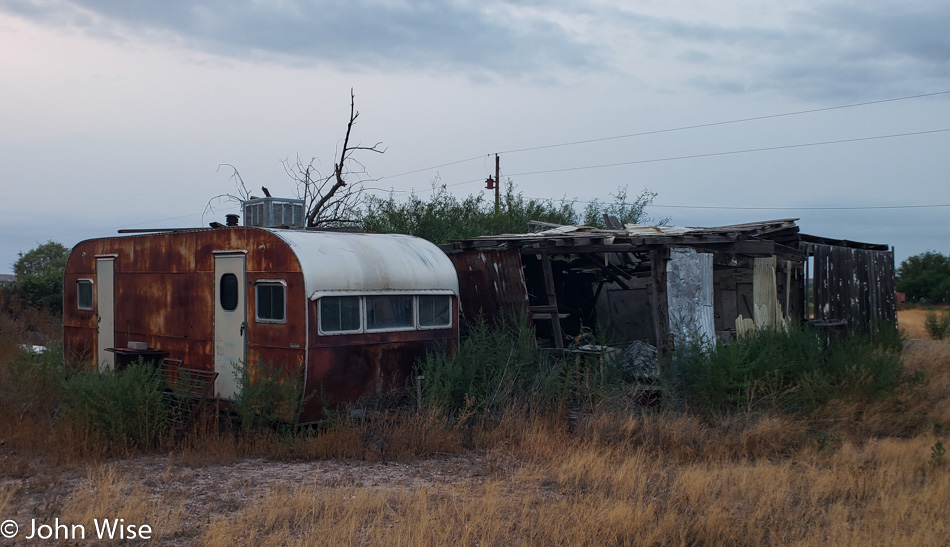
I meandered up the road this afternoon on a short drive that took a long time. Along the way, I passed many a hovel, and I’m reminded that, at one time, our ancestors lived in caves. My contemporaries also live in caves with foil-darkened windows that allow the occupants to hide where the only light that reaches them is from a few light bulbs, a TV, and a phone screen that are illuminated by a trickle of electricity that has been dragged out here from some far away generation station for a convenience and the illusion of modernity.
The description of their home as a hovel, while a tad condescending, feels like the most accurate way to convey the chaos in front of a nearly dilapidated shell of a mobile home propped up by cinder blocks, the roof held down by tires and windows where the glass is mostly gone, boarded up with plywood from within. Middens offer defensive structures to potential intruders and are more indicative of a time pre-civilization when trash wasn’t hauled away.
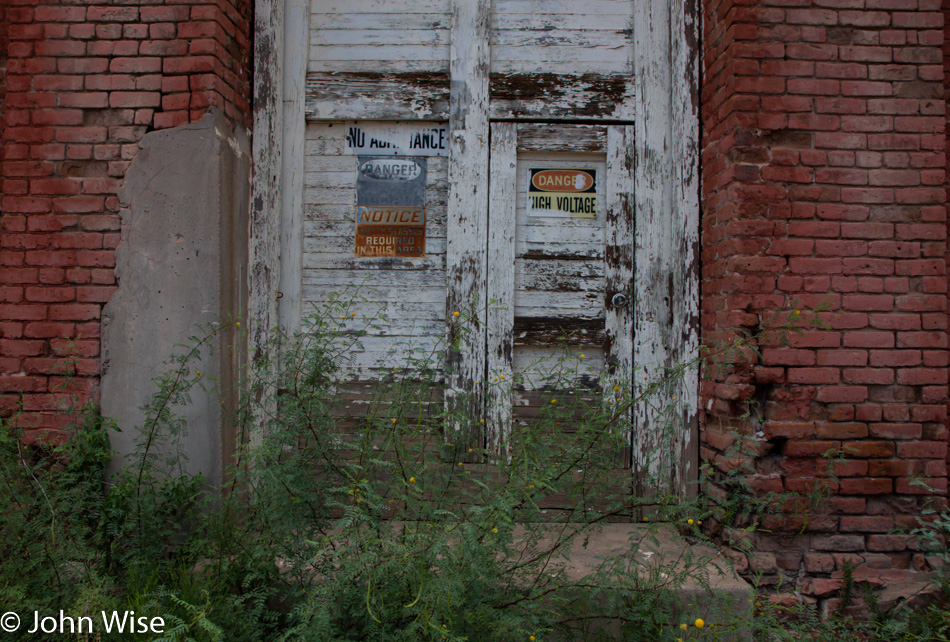
At work out here are those of our clan on the margins, who see no need to belong to our conformist culture, at least in regard to the environment they live in. Ironically, while they eschew living like the Joneses, they are dialed into the stream of satellite-beamed pap that is their constant companion, ensuring they are on the same wavelength as the next neighbors of the cave zone.
I can’t say that these people are part of any decay as I don’t know that they were ever willing participants in the cultural hegemony I was bludgeoned into being a union member of. But to a degree, they must be closer to me at this stage of evolution as they are choosing some of the same tools and conveniences I also use instead of going full native by throwing off the yoke of any collective homogenization.

What I do know is that they are not a part of the ascent of humanity other than what they might be doing to support the local infrastructure that allows my arrogant self to pass through, casting aspersions on people I don’t really know. If I were a less biased snob, maybe I could appreciate their presence, but instead, I see the squalor and cringe at the blight. Maybe my compassion is suffering from this slow decay I’m writing about today.